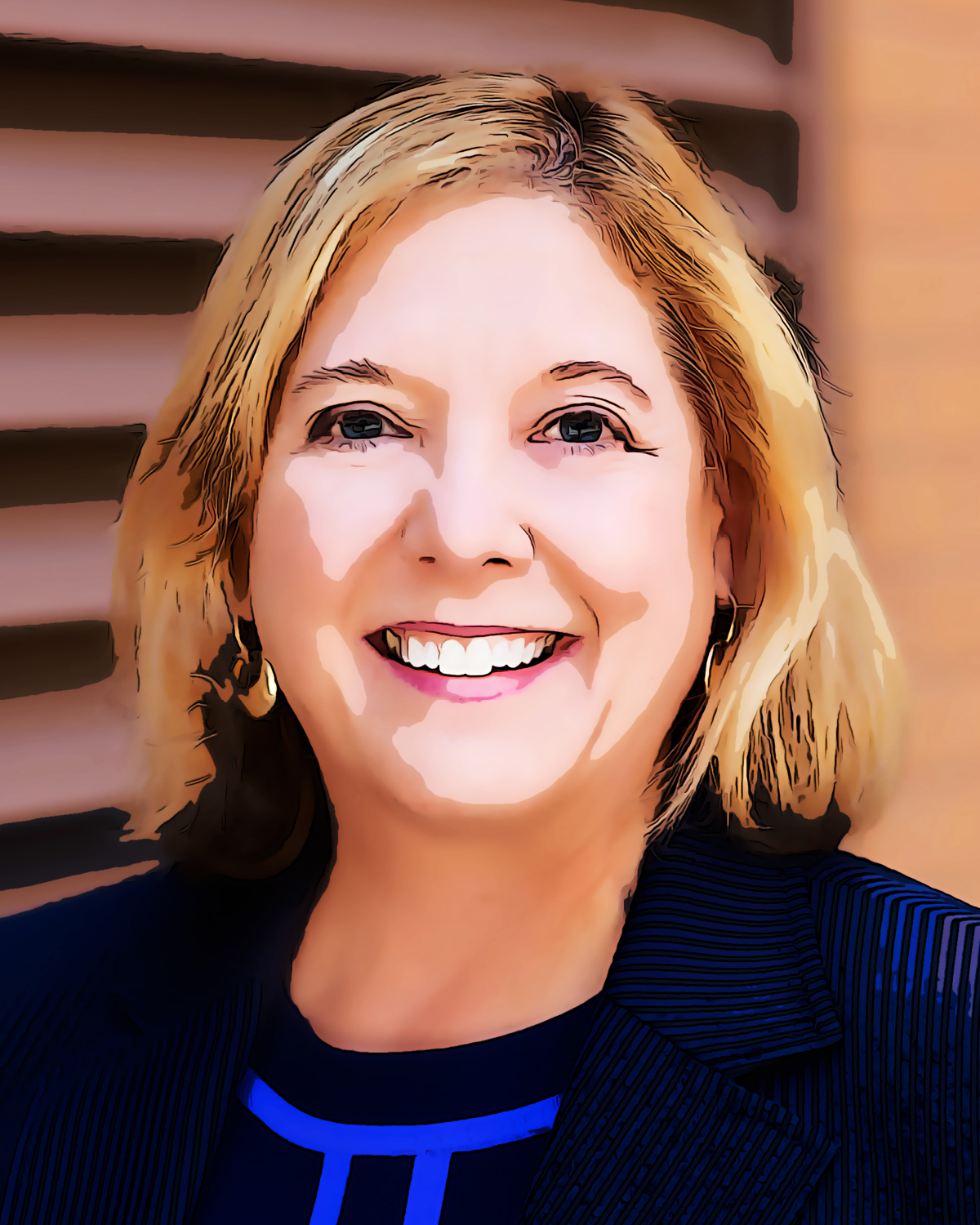The Financial Planner
Should You Pay Off Your Mortgage Early?

As a homeowner, you may have heard that it is wise to pay off your house before you retire. However, is this always a good idea?
Paying off your mortgage early could cost you more in the long run, especially if you don’t have enough liquid assets to draw on for living expenses or to cover a possible emergency.
If you invest the extra mortgage payments into other long-term investments like a diversified stock and bond portfolio, you likely will earn more than the interest you would save by paying off your mortgage early.
Staying Liquid is the Priority
Paying more toward your mortgage tends to reduce your liquidity. You will have less cash available for emergency costs, other necessary expenses, or debts. Your mortgage interest rate may be the lowest interest rate available to you compared with other loans like a home equity loan, car loan or a credit card. You don’t want to be in a situation where you would have to borrow money at a higher interest rate to cover expenses you could have paid by not making extra mortgage payments. You also do not want to take money out of retirement accounts which may require tax payments and possible penalties (if you are under 59½). It is advisable to have three-to-six months of living expenses in cash, and if you are nearing retirement, potentially more (one-to-two years).
Consider Investing for a Higher Potential Return
“For investments to make more sense than paying off a mortgage early, the annualized rate of return over a certain number of years would only need to make more than the mortgage interest.”[1] The average annual return for the S&P 500 since 1971 has been 7.58%―or 10.51% with dividends reinvested.[2] A balanced portfolio that includes stocks, bonds and alternatives funds would have a slightly lower return rate. However, it might be quite possible to earn more than a 4% or 5% mortgage interest rate. If you have ten or more years before retirement, you may find that your money would be more productive invested than sitting in equity in your house.
If you are retired, tying up a large percentage of your net worth in your house will not help you increase your income. Reverse mortgages can offer a solution, but they have associated fees and other restrictions. If your mortgage interest rate is low, it might be a better option to pay off your mortgage slowly and get a return and current income from your investments.
Does Paying More Toward the Principal Each Month Save You Money?
Some experts say paying an extra $100 or $200 per month toward the mortgage principal will save you thousands of dollars over time and shorten your pay-off period. Although this is technically true, you will only save this money if you continue owning your home until you fully pay it off. The savings are only on the backend of the mortgage. You will still have the same monthly payments due. If you sell the house within a few years, you may not realize the savings on the interest. On the other hand, contributing an extra $200 per month into a traditional IRA or 401(k), where it will save money on taxes and grow tax-deferred, or a Roth IRA/401(k), where it will grow tax-free will probably benefit you more in the long run.
Another Option: Recast the Mortgage
Recasting a mortgage is when you make a large lump-sum payment toward the principal balance of your loan. These payments are often at least $20,000. The lender recalculates your monthly principal and interest payment based on the new principal balance and the remaining term of the loan. You keep the same interest rate. Recasting is best suited for those who have enough liquidity, have saved enough for retirement and plan to stay in the home long term. If you feel comfortable with enough cash on hand and want to pay down the mortgage while reducing your monthly payment, recasting the mortgage is an option.
For instance, if you took out a $400,000, 30-year fixed-rate mortgage at 4% that has 25 years left, and you pay $100,000 toward the principal, your monthly payment will go from approximately $1,910 to $1,250 for the remaining 25 years. Your new principal balance will be approximately $261,790. You could save up extra cash for another large payment in the future to reduce the principal balance and the monthly payment even further. Recasting is a beneficial pay-off strategy when you have a low interest rate, and you want to reduce your payments. Most mortgage servicers charge no fee or a nominal fee to do this.
Make an Informed Decision
Many of us want to be debt free and not worry about making payments. Knowing the advantages and disadvantages of paying down your mortgage early will help you make an informed decision. If you have questions about which steps would be best for your financial situation, speak with your financial advisor for guidance.
References
1. Campisi, Natalie. (April 5,2019). The Pros and Cons of Paying Off Your Mortgage Early. Bankrate. https://www.bankrate.com/mortgages/early-payoff/
2. Sullivan, Bob. (February 16, 2023). Average Stock Market Return. Forbes Advisor. https://www.forbes.com/advisor/investing/average-stock-market-return/
Suzanne Tudor
Suzanne has over 35 years of experience in financial services, retiring in 2024. She was a senior investment consultant and director of financial planning at Allodium Investment Consultants, located in Minneapolis, MN. Suzanne was passionate about helping families and business owners to strategically develop and carry out their financial, legacy and philanthropic plans. Since retiring, Suzanne has had extra time for activities she loves, such as spending time with her family and making DIY home improvements.
The information provided is for educational purposes only and is not intended to be, and should not be construed as, investment, legal or tax advice. Allodium makes no warranties with regard to the information or results obtained by its use and disclaim any liability arising out of your use of or reliance on the information. It should not be construed as an offer, solicitation or recommendation to make an investment. The information is subject to change and, although based upon information that Allodium considers reliable, is not guaranteed as to accuracy or completeness. Past performance is not a guarantee or a predictor of future results of either the indices or any particular investment.
